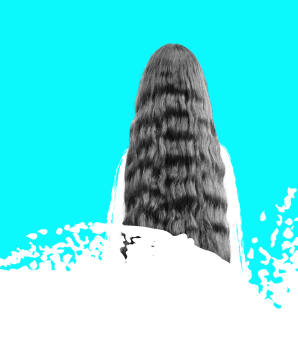Prices
Show / Event
Venue
Experience
No result. Clear filters or select a larger calendar range.
No show today.
Claude Debussy Composer

Biography
Born into a modest family in Saint-Germain-en-Laye on August 22, 1862, Claude Debussy owed his education to his godfather, Achille Arosa, a banker and art collector who lived in Cannes, and to Madame Mauté de Fleureville, a pupil of Chopin and Verlaine's mother-in-law, who discovered his musical talents. In 1872, he entered the Paris Conservatory in the classes of Marmontel and Lavignac, and later attended the composition class of Emile Guiraud.
He composed his first melodies in 1879 to texts by Alfred de Musset (Madrid, Ballade à la lune) and won the Prix de Rome in 1884 with his cantata L'Enfant prodigue. However, Debussy did not enjoy his stay at the Villa Médicis and returned to Paris sooner than expected, where he lived a bohemian life and had encounters that were to be decisive for the rest of his artistic life: Paul Dukas, Stéphane Mallarmé, Richard Wagner, whom he discovered during his first trip to Bayreuth in 1888, the music of the Far East, which he discovered a year later at the Universal Exhibition, and the score of Boris Godounov, which Saint-Saëns had brought back from Russia...
It was in this intellectual effervescence that his first important works were born: Prélude à l'après-midi d'un faune (1894), Trois chansons de Bilitis on poems by Pierre Louÿs (1897/1898), Nocturnes (1899). At the same time, under the name of Monsieur Croche, he published musical reviews that reveal his absolute anti-conformism and his merciless sense of humor. In 1902, the premiere of Pelléas et Mélisande at the Opéra-Comique made Debussy famous.
From then on, he devoted himself entirely to composition: Estampes in 1903, La Mer in 1905, Images between 1905 and 1912, Children's Corner in 1908, Le Martyre de Saint Sébastien, commissioned by Diaghilev from a text by D'Annunzio in 1910, and Jeux in 1912. His last masterpieces date from 1915: the Douze Études for piano and the suite En blanc et noir for two pianos. He died in Paris on March 25, 1918. Debussy's innovative aesthetic revolutionized the history of music, breaking with classical form while maintaining formal perfection.
Currently in
- Opéra Bastille
- from 28 February to 27 March 2025







